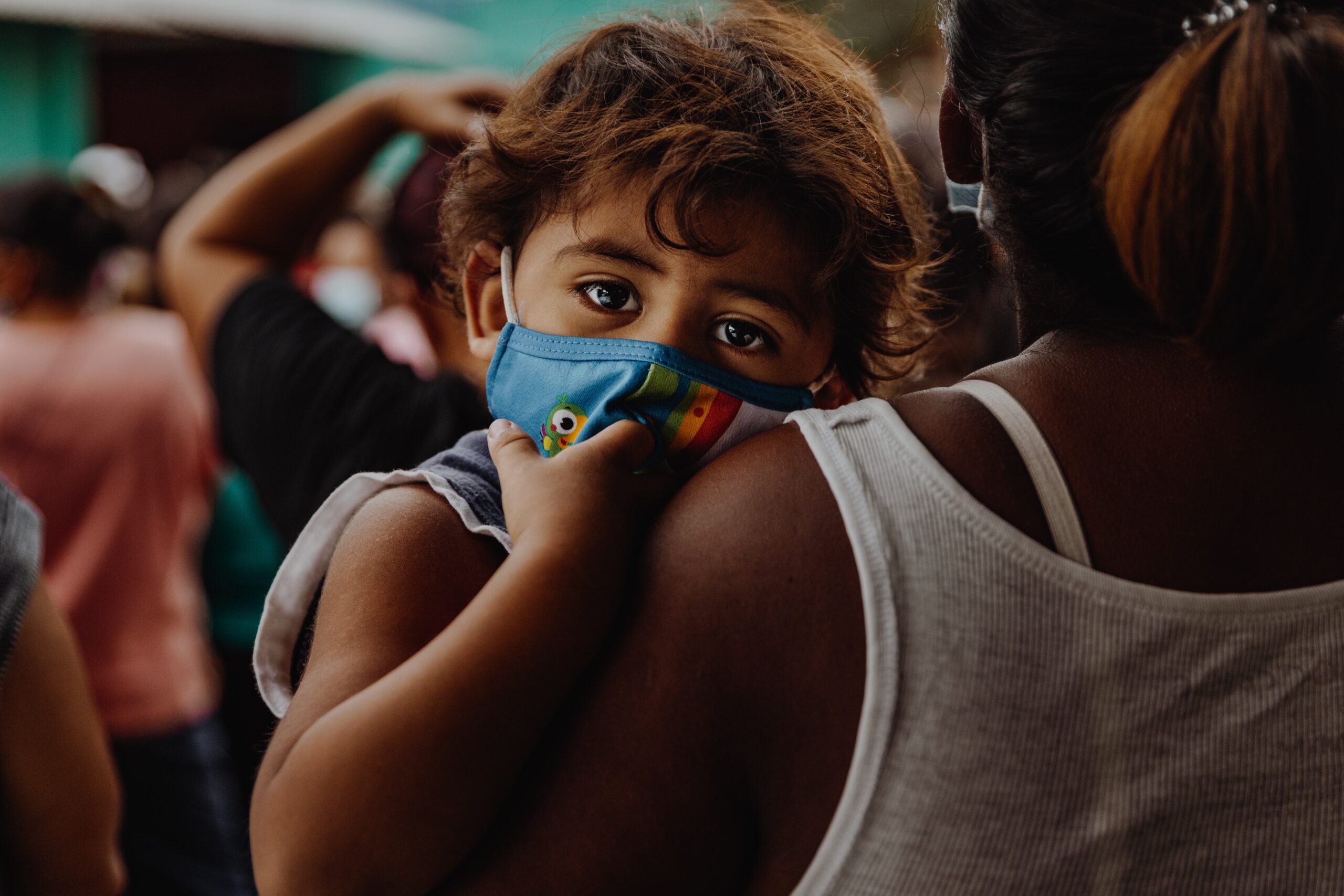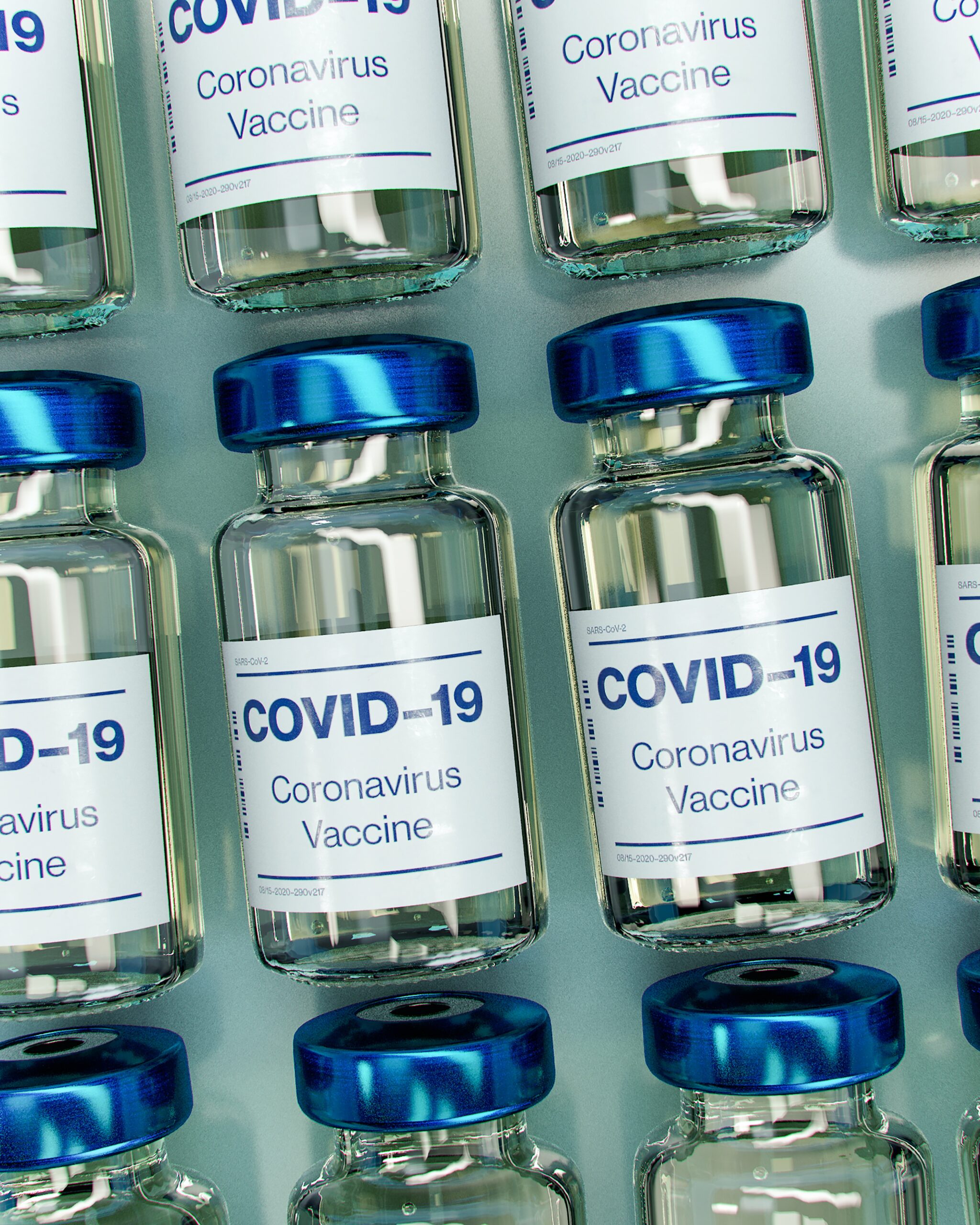
Covid variant of concern Omicron and the new international risk
The World Health Organisation and many countries have noted the international risk that the newest Covid variant of concern Omicron brings with more mutations, several which increase the risks from this variant. The Omicron Covid variant of concern is assessed by scientists as being more virulent and contagious that earlier Covid variants. Preliminary data suggests that there are increasing rates of hospitalization in South Africa. The new variant also appears to be associated with more breakthrough infections for people who have already had Covid or vaccinations. The world has already reacted with concern, imposing significant travel restrictions, dampening hopes of a start to the end of the Covid pandemic.
This highlights that despite the mitigation efforts of many, the international risks posed by Covid remain high. Whilst the Omicron variant of concern was first identified in South Africa, it has also been identified in many countries around the world. The WHO confirmed in December 2021 that “in recent weeks, infections have increased steeply, coinciding with the detection of B.1.1.529 (Omicron) variant.”
Financial markets finished nearly three percent lower the day after the new variant was announced. Many countries have faced intense criticism for their slow responses over the last two years, and politicians have proven this time to be acting faster. Within two week’s of Omicron being identified, over 70 countries have increased their travel restrictions as a result of this new international risk. Travel bans and entry restrictions must be considered in the context that we are in. Public health experts were skeptical for decades about the effectiveness of border closures but data from the last two years has shown this risk mitigation action is more nuanced, and travel restrictions can have a potentially positive impact on mitigating risk, in so much as it can slow the spread of a respiratory disease, but not stop it. This risk mitigation action buys crucial time, whilst we learn more about this new Covid variant and how we can best mitigate the risks. At the same time, any travel bans and entry restrictions by be complemented by testing at airports (arrivals and departures), along with robust isolation systems, communications, and support. Limiting community transmission is critical and needs a multipronged approach. This new Covid variant increases the international risk at the same time as Europe is firmly in its forth wave of infections, with many European countries increasing their restrictions already.
The international risk mitigation effectiveness
Risk mitigations actions enacted by countries in mid-December 2021 have included restricting travellers that have recently been in southern African states. This response may slow, but will not stop the spread of this new Covid variant. The most effective risk mitigation actions will continue to be Covid vaccinations, mask wearing, social distancing, hand washing, and increasing ventilation of indoor areas. Covid cases in across Africa increased by 93 percent week on week, and increased by seven percent week on week in Europe.
In Germany, the President of the Robert Koch Institute, Dr. Lothar Wieler, said that Germany needed “immediate and massive contact reduction without further delay.” The encouragement for increased Covid restrictions in Germany was supported by the German Health Minister Jens Spahn, who is extremely frustrated with the current Covid situation in Germany. Leaders of several federal states in Germany have called for an immediate lockdown in response to the elevated risks from Covid.
The US Center for Disease Control’s list of high risk countries “Level Four” (very high risk) now includes the Austria, Belgium, Denmark, Greece, Switzerland, Norway, Romania, the Czech Republic and Ireland, UK, and Russia.
A senior UK public health official commenting about the risks from this new Covid variant said that vaccines would “almost certainly” be less effective against the new variant. At the same time, the US Chief Epidemiologist and public health expert Dr Anthony Fauci said that it is possible that “vaccines might still work to prevent serious illness. As part of risk identification and risk resilience activities there are a number of studies underway and international groups including the WHO’s TAG-VE and individual countries will continue to evaluate this variant and the risks.
WHO again reiterated that regardless of the evolution of Covid, the most effective risk mitigation actions that people can take to reduce the spread of the Covid virus is to keep a physical distance of at least two meters from other people; wear a well-fitting mask; open windows to improve ventilation; avoid poorly ventilated and crowded spaces; wash hands regularly; cough and sneeze into a bent elbow or tissue; and get vaccinated.
The WHO Director General Dr Tedros Adhanom Ghebreyesus emphasized that the international risks are significant and “the longer we allow the pandemic to drag on – by failing to address vaccine inequity, or to implement public health and social measures in a tailored and consistent way – the more opportunity we give this virus to mutate in ways we cannot predict or prevent.”
